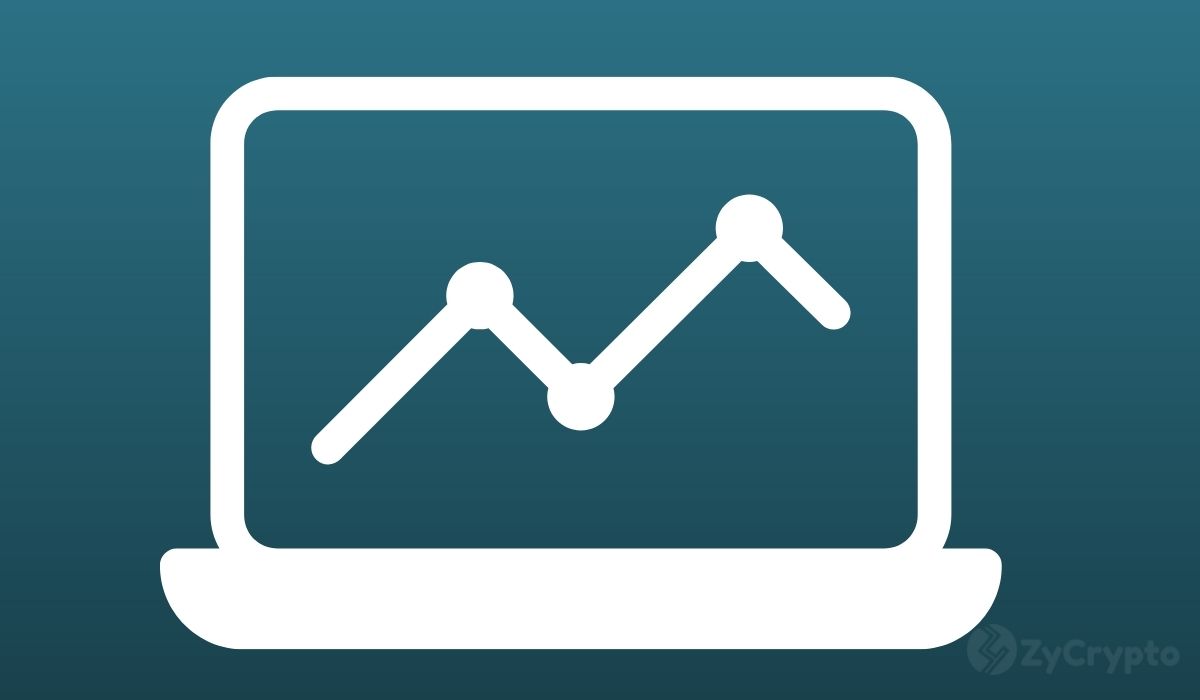Uniswap, the world’s second-largest decentralized exchange (DEX) protocol, has announced the upcoming release of Uniswap v4, a highly anticipated upgrade that aims to revolutionize liquidity provision and token trading on the Ethereum blockchain.
In a Tuesday blog, Uniswap highlighted the importance of adapting to evolving technology and market demands. It further introduced an open-source code for its upcoming V4 version so that the public can contribute to the protocol’s development, saying that this inclusive approach aims to foster a robust ecosystem and ensure that Uniswap v4 caters to the diverse needs of its users.
According to the blog, unlike the current version v3, Uniswap v4 introduces a groundbreaking concept called “hooks,” which enables users to customize liquidity pools and make better decisions based on their preferences.
“Our vision with Uniswap v4 is to allow anyone to make these tradeoff decisions through the introduction of hooks,” Read the blog.
Hooks are contracts that run at various stages of a pool’s lifecycle, allowing new functionalities and strategies to be added. This flexibility empowers developers to implement dynamic fee structures, onchain limit orders, time-weighted average market makers (TWAMMs), and even integrations with lending protocols and customized oracles.
The introduction of hooks is expected to unlock a wide range of possibilities for liquidity pool customization, promoting innovation and expanding the capabilities of the Uniswap Protocol. Thus, pools will no longer be restricted to a predetermined sequence of actions, allowing developers to experiment and create pools tailored to specific use cases.
Notably, Uniswap v4’s core logic will be non-upgradeable, ensuring the security and integrity of the protocol while allowing for individual pools to utilize their own hook smart contracts.
Uniswap v4 also brings significant improvements to architecture and gas efficiency. As the protocol operates on the Ethereum blockchain, gas fees have historically been a concern. Currently, Uniswap v3 requires a new contract for each pool. As per the blog, Uniswap v4 will change that by consolidating all pools within a single “singleton” contract.
This architectural enhancement will streamline pool creation and reduce gas costs by a staggering 99%. Additionally, Uniswap v4 incorporates a “flash accounting” system that optimizes asset transfers, resulting in further gas savings and overall efficiency.
That said, the unveiling of Uniswap v4 represents a significant milestone in the evolution of decentralized finance (DeFi). Building upon the success of Uniswap v3, which has already established itself as a leading decentralized exchange protocol processing over $1.5 trillion in trading volume, the forthcoming launch of Uniswap v4 is expected further to propel the decentralized finance ecosystem towards accelerated decentralization efforts.


